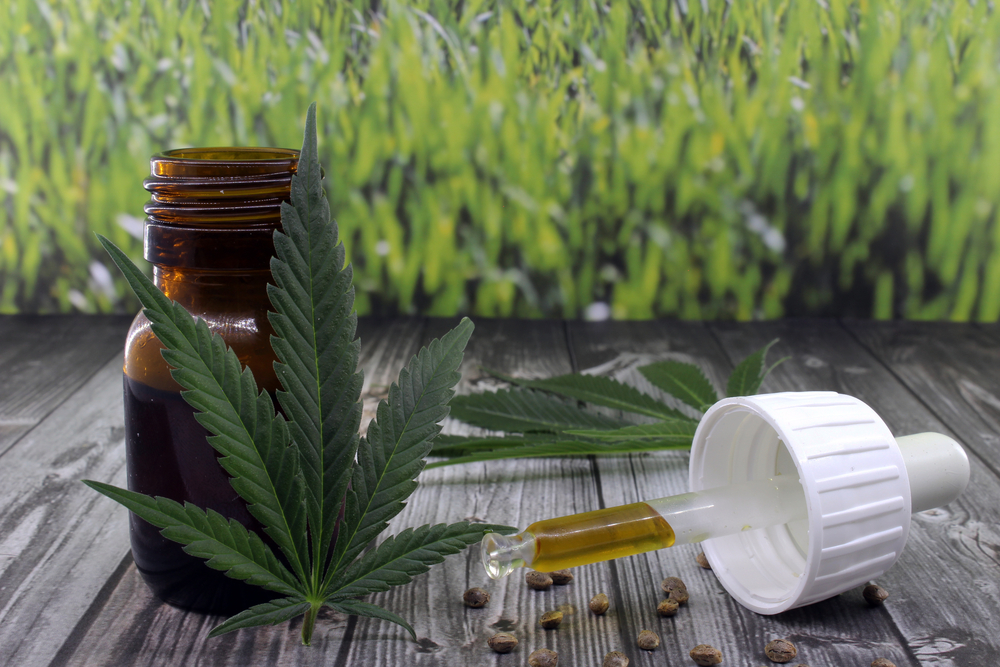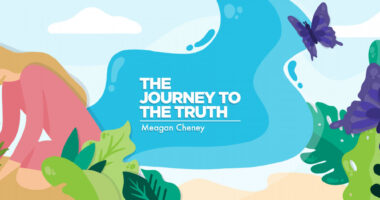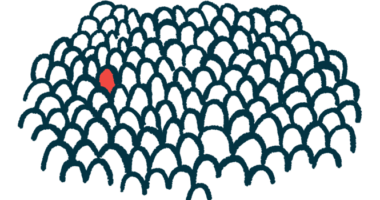#AANAM – Epidiolex Reduces Frequency of Seizures in Children with Dravet Syndrome, Phase 3 Trial Shows

GW Pharmaceuticals‘ Epidiolex, the first plant-derived cannabidiol (CBD) medication to be approved by the U.S. Food and Drug Administration (FDA), reduces the frequency of epileptic seizures when used as an add-on therapy in children with Dravet syndrome, a Phase 3 clinical trial shows.
That finding was presented in a poster titled, “Cannabidiol (CBD) Significantly Reduces Convulsive Seizure Frequency in Children and Adolescents with Dravet Syndrome: Results of a Dose-ranging, Multi-center, Randomized, Placebo-controlled Trial (GWPCARE2),” at the American Academy of Neurology (AAN) Annual Meeting in Philadelphia.
Dravet syndrome is a rare genetic disorder characterized by severe, recurrent seizures that fail to respond to treatment with conventional anti-epileptic drugs.
Marketed by Greenwich Biosciences, a subsidiary of GW Pharmaceuticals, Epidiolex is a purified liquid formulation of plant-derived cannabis that is supplied as a 100 mg/mL strawberry-flavored oral solution in a sesame oil base.
Previous clinical trials have found that Epidiolex effectively reduces the frequency of epileptic seizures when used in combination with other anti-epileptic medications.
Now, the company presented new data from its multi-center, placebo-controlled, Phase 3 GWPCARE2 trial (NCT02224703), designed to assess the safety and effectiveness of Epidiolex in combination with anticonvulsant therapy in children with Dravet syndrome.
“The launch of Epidiolex, the first prescription pharmaceutical formulation of highly purified CBD in the U.S. for seizures associated with LGS [Lennox-Gastaut syndrome] or Dravet syndrome, has been very well received by the community,” Justin Gover, CEO of GW Parhamaceuticals, said in a press release. Gover said before the AAN meeting “We look forward to sharing our latest clinical data for Epidiolex with a wider neurology audience … .”
The trial enrolled 199 children (average age of 9) who were assigned randomly to receive either Epidiolex at a dose of 10 mg/kg or 20 mg/kg per day, or a placebo. The study’s primary goal was to assess the change from baseline in the frequency of epileptic seizures after 14 weeks of treatment.
Results showed that after 14 weeks of treatment, the frequency of convulsive seizures was reduced by 46% and 49% in children treated with 20 mg/kg or 10 mg/kg of Epidiolex, respectively. Remarkably, these percentages in seizure reduction were almost double compared to children treated with a placebo (27%) for the same period of time.
Likewise, reductions in the number of total seizures also were higher among children treated with Epidiolex (46% for those receiving 20 mg/kg, and 56% for those receiving 10 mg/kg), compared to those treated with a placebo (30%).
In addition, the percentage of children reporting reductions in seizure frequency more than 50% were higher in both treatment groups (49% for those receiving 20 mg/kg, and 44% for those receiving 10 mg/kg), compared to the placebo control group (26%).
The incidence of adverse events (AEs) was similar in all groups, with 90%, 88% and 89% of the children in the highest and lowest Epidiolex dose and in the placebo group reporting some type of AEs, respectively.
The most common AEs reported included decreased appetite, diarrhea, sleepiness, fever and fatigue. Serious AEs were reported in 25%, 20%, and 15% of the children receiving 20 mg/kg or 10 mg/kg of Epidiolex or a placebo, respectively.
Treatment discontinuations were rare (7%) and occurred only in the group of children who received the highest dose of Epidiolex. No deaths were reported during the trial.
“It’s exciting to be able to offer another alternative for children with this debilitating form of epilepsy and their families,” Ian Miller, MD, said in another press release. Miller is with Nicklaus Children’s Hospital in Miami, Florida, and the study’s author. “The children in this study had already tried an average of four epilepsy drugs with no success and at the time were taking an average of three additional drugs, so to have this measure of success with cannabidiol is a major victory,” he said.
“Based on these results, dose increases above 10 mg/kg per day should be carefully considered based on the effectiveness and safety for each individual,” Miller said.






